Thinking about how to come out of the traps of stress, anxiety, and depression? Well, don’t feel trapped anymore. A new study found that stimulating the vagus nerve helps in better management of your physical and mental health. Read on to know how the vagus nerve works so that you can better deal with your nervous system.
Stress and anxiety initiate an inflammatory response in our bodies. If untreated it can lead to the development and persistence of many diseases. Other than using medications, the best way to combat inflammatory conditions (including all autoimmune diseases (rheumatoid arthritis, inflammatory bowel disease, endometriosis, autoimmune thyroid conditions, lupus, and more) is to engage the vagus nerve and improve your vagal tone.
“By developing an understanding of the workings of your vagus nerve, you may find it possible to work with your nervous system rather than feel trapped when it works against you.”
— Dr. Arielle Schwartz, Clinical Psychologist
Vagus Nerve
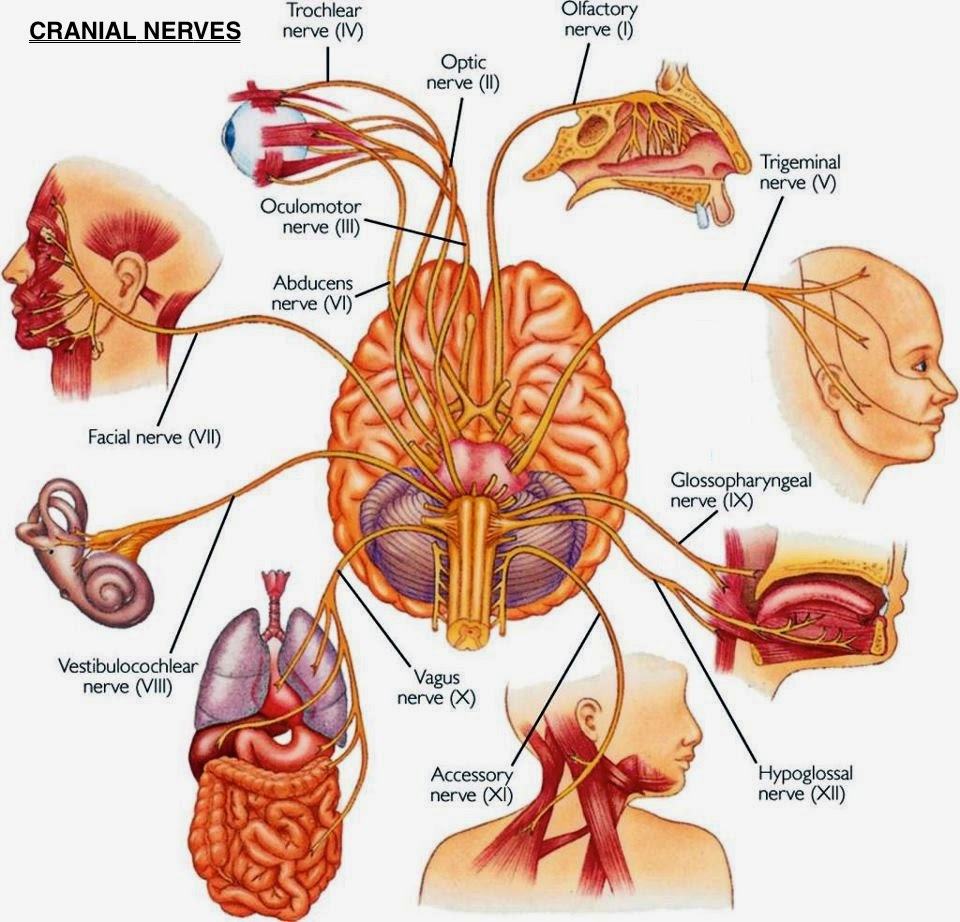
The word “vagus” means “to wander” in Latin, which accurately represents the vagus nerve, the longest nerve in our body that extends from the cerebellum and brainstem and wanders all over the body and branches multiple times and reaches various organs like the pharynx, larynx, heart, esophagus, stomach, gut, lungs, liver, spleen, and pancreas. The activity of the vagus nerve is known as vagal tone.
The Vagus nerve is an important part of the parasympathetic nervous system that is responsible for “rest and digestion”, which is the opposite of the sympathetic nervous system that is responsible for “fight or flight”. The Vagus nerve is a key player in speech, taste, swallowing, respiration, heart function, digestion, and excretion. It communicates with different organs with the help of neurotransmitters like acetylcholine and hormones. Any damage to the nerve can hamper all physiological activities.
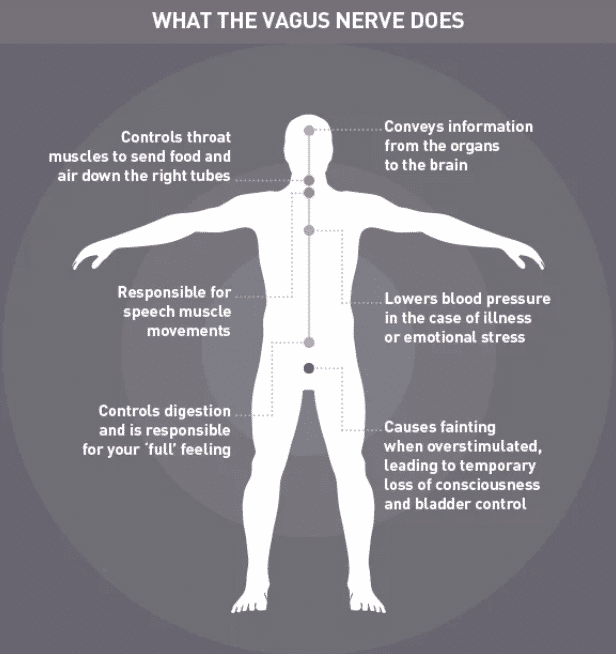
What causes vagus nerve damage?
Excessive stress or prolonged use of certain medications disrupts the vagus nerve. Inflammation and infections are other causes of poor vagal tone or functioning. This results in sleep problems, digestive issues, difficulty in breathing, lung and skin problems.
Signs of underperforming vagus nerve
- Reflux
- Anxiety and depression
- Nausea
- Vomiting
- Weight gain
- Abdominal pain
- Diarrhea
- Constipation
- Memory loss
- Temperature dysregulation
- Dizziness
- Fatigue
- Gastroparesis
- Joint and muscle pain
- Headaches
- Psychosis
- Insomnia
Read Staying Slim With H2O: The Positive Effects of Water on Your Body
Vagal Tone
Various biological processes represent the activity of the vagus nerve. An increase in vagal tone activates the parasympathetic nervous system. An increase in heart rate during inhalation and a decrease in heart rate during exhalation represent a healthy vagal tone. Bigger the difference between inhalation heart rate and exhalation heart rate, the higher the vagal tone.
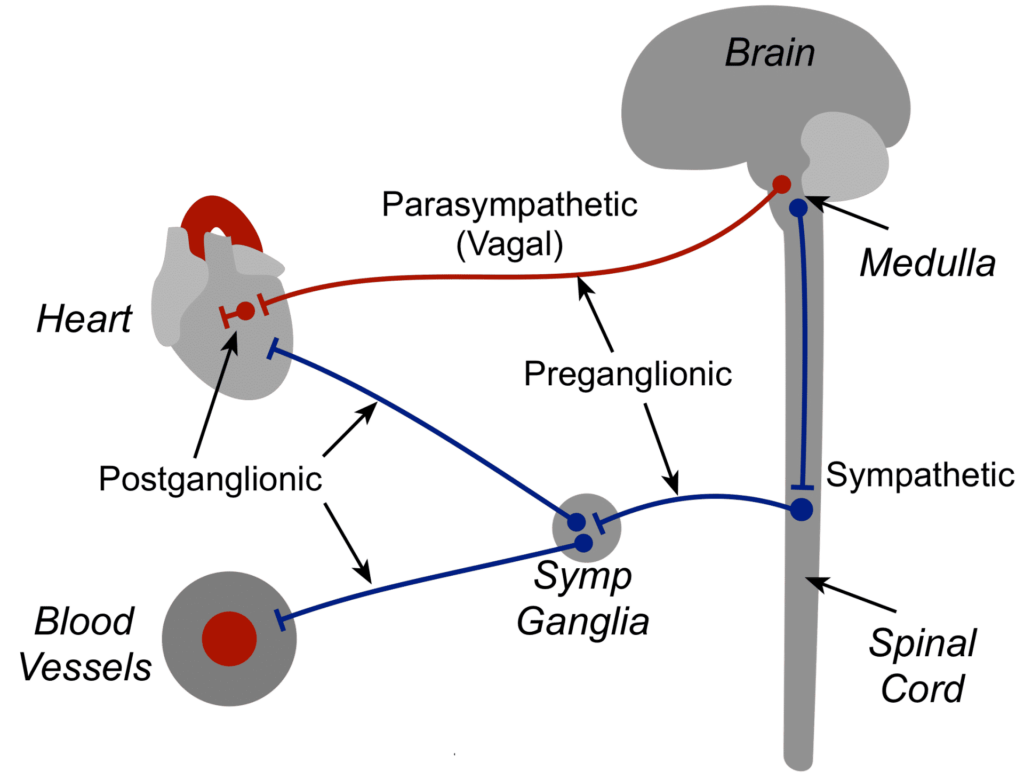
Why is the vagus nerve and vagal tone important for physical and mental health?
With poor vagal tone, the body needs more time to relax and perform primary functions as the movement of wastes via the GI tract due to bacterial overgrowth. Bad gut microbes in turn influence the activity of the hypothalamus-pituitary-adrenal (HPA) axis via the vagus nerve. The disturbed HPA can affect neuronal cellular activity in the brain and lead to inflammation and neurodegeneration. As mentioned earlier, the vagus nerve wanders all over the body so if it is not working well, multiple functions are affected.
This nerve influences respiratory rate, heart rate, digestive function, all of which can greatly impact your mental health. But, the most important thing is the “tone” of the vagus nerve. According to a publication by Jordan Fallis, there is a positive feedback loop between high vagal tone, positive emotions, positive social connections, and good physical health.
Read How To Grow Up Mentally: 15 Simple Tips
People with a high vagal tone tend to have strong social connections, and experience positive emotions, and better physical health. On the other hand, people with low vagal tone experience depression, loneliness, negative feelings, and heart attacks.
Vagus nerve is also associated with brain health and gut health. You can consider vagal tone index as your body’s gut feeling that sends signals to the brain that leads to feedback loop of more positive emotions or negative emotions. Thus, the vagus nerve is important for both physical and mental health.
Our body’s immune system releases some signals called cytokines, which determine the vagal tone index. So, stimulating the vagus nerve can help treat inflammatory diseases such as rheumatoid arthritis, without the use of pharmaceutical drugs.
Barbara Fredrickson and Bethany Kok of the University of North Carolina used a loving-kindness meditation (LKM) technique to investigate if positive emotions, robust social connections, and physical health influence one another in a self-sustaining upward spiral dynamic and feedback loop. The technique helped the participants become better at self-generating positive emotions and making close-knit human bonds. The study results revealed an increase in vagal tone in participants.
Stimulating the vagus nerve and increasing the vagal tone can help treat different brain and mental health conditions:
- Anxiety disorders
- Depression
- Tinnitus
- Alcohol addiction
- Autism
- Migraines
- Fibromyalgia
- Bulimia nervosa
- Poor memory
- Traumatic brain
- Injury
- Chronic fatigue syndrome
Benefits of having a high vagal tone:
- Low blood pressure
- Improves blood-sugar regulation
- Reduce migraines and headaches
- Improves blood circulation
- Better mood
- Reduce inflammation
- Reduce stress and anxiety
- Lower risk of heart stroke
- Improves digestion
- Fosters positive emotions
- Improves mental well-being
Researchers say that vagal tone is passed from mother to child. So, pregnant women with depression or anxiety are likely to give birth to babies with low vagal activity, low serotonin and dopamine levels and grow up with mental health issues.
Read Doctors Explain How Hiking Actually Changes Our Brains
How Does Vagus Nerve Stimulation Reduce Inflammation?
The Vagus nerve reads the gut microbiome and initiates a mechanism to modulate inflammation based on whether or not it detects pathogenic versus non-pathogenic organisms. That’s how a gut microbiome can influence your mood, stress level, and overall inflammation.
An international team of researchers from Amsterdam and the United States conducted a clinical trial. The team stimulated the vagus nerve with the help of the implanted device. As a result, the inflammatory response was significantly reduced for people with rheumatoid arthritis. Vagus nerve stimulation led to inhibition of cytokine production, which improved health outcomes in the patients.
According to some clinical studies, stress and depression are associated with the up-regulation of the immune system, including increased production of pro-inflammatory cytokines. Elevated levels of cytokine proteins induce low mood, low energy, symptoms of depression. In the above clinical trial, neuroscientists and immunology experts used advanced technology to map the neural circuitry that regulates inflammation.
In one circuit—termed “the inflammatory reflex”—action potentials transmitted in the vagus nerve inhibit the production of pro-inflammatory cytokines. Lower the cytokines, lower the inflammation and disease severity. The study results were published in Proceedings of the National Academy of Sciences (PNAS).
10 Natural Ways To Increase Vagal Tone:
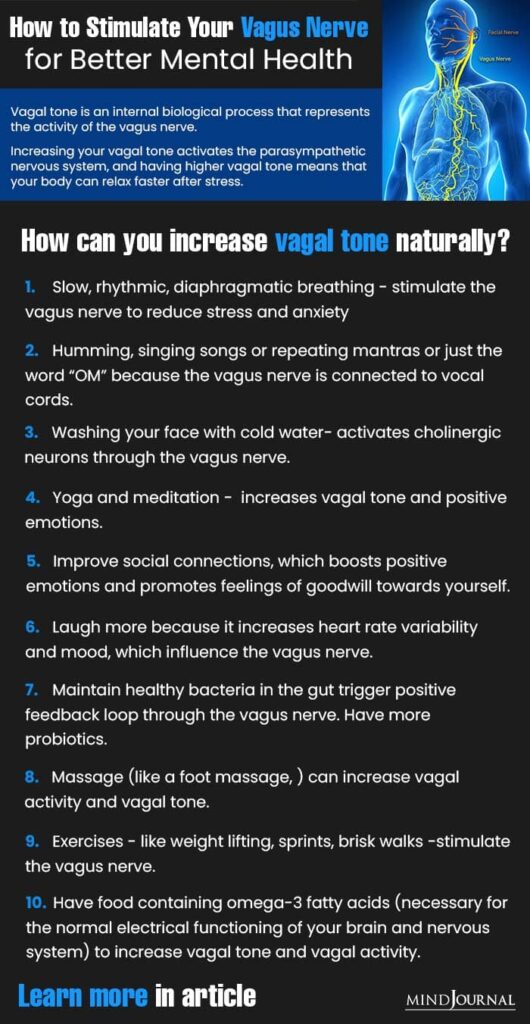
Other than implanted device there are some natural ways you can increase your vagal tone. These are:
1. Diaphragmatic breathing
This technique stimulates the vagus nerve and helps mitigate stress and anxiety. You can also try this breathing technique before bed to have a good night sleep. Here are simple steps to follow:
- Lay down on your back
- Elevate your legs
- Make sure your knees are at 90 degrees (on a box or bench)
- Breathe slowly, take 10-20 slow breaths
- Put one hand on your upper chest and other hand over your belly button
- Inhale so that your lower hand on belly is moving upward
- If you see only upper hand is moving upon inhaling, practice filling your belly with air
2. Cold exposure
Exposure to cold boosts parasympathetic activity and activates cholinergic neurons through the vagus nerve, which increases vagal tone. Here are few quick tips to do:
- You can splash cold water on your face 10–20 times a day
- Take a shower with a quick 10-second blast of cold or hot-cold contrast showers
- Walk a small distance in winters in a t-shirt and shorts.
3. Chanting mantras, singing or gargling
The Vagus nerve is connected to the vocal cords, so it is stimulated by – singing, humming, gargling, and chanting mantras.
Read Neuroscience and The Sanskrit Effect: How Chanting Boosts Cognitive Functions
Also, these activities have a biologically soothing effect. Start humming your favorite tune when cooking or gardening or taking shower.
4. Yoga and meditation
Yoga and meditation are two important relaxation techniques and are well known to improve physical, mental, and emotional well-being. Both practices stimulate the vagus nerve and vagal tone. Daily yoga increases gastric motility, which is important for the easy movement of food through the digestive tract. Yoga does this by stimulating the vagus nerve. Daily meditation promotes feelings of goodwill towards yourself. This technique reduces sympathetic “fight or flight” activity and increases vagal modulation.
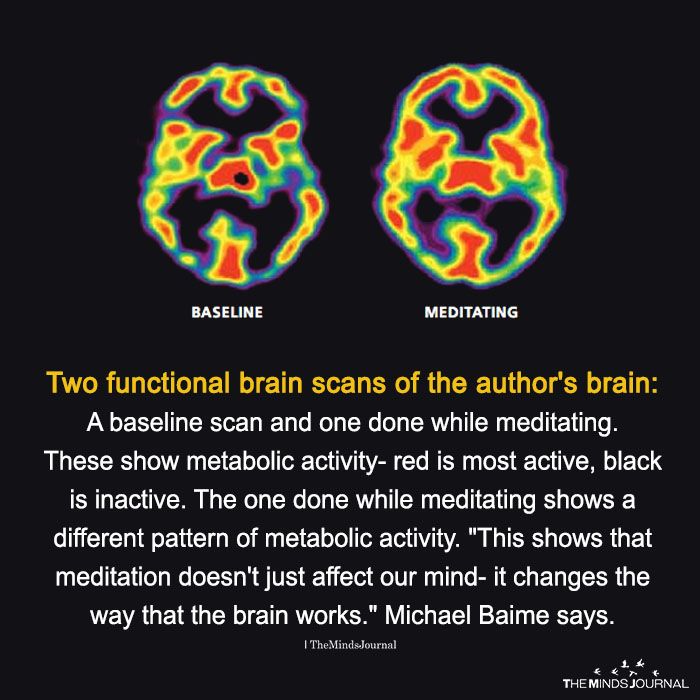
Read 22 Tips To Keep Your Brain Sharp and Young At Any Age
5. Improve social connections
Staying connected with friends and neighbors increases social support, which evokes positive emotions and increases vagal tone. Reach out to your friends no matter in which part of the world they are and laugh out loud. Laughter increases heart rate variability. Social connection and stable support improve physical and mental health.
6. Maintain healthy gut
Because gut microorganisms can activate the vagus nerve, through a positive feedback loop. Three things are important to maintain a healthy gut:
- Cut sugar from your diet
- Consume plenty of fiber rich food
- Eat fermented foods or a probiotic
Research shows that excessive sugar is associated with chronic inflammation of the GI tract mucosal lining that gives easy access to pathogens, which further perpetuate inflammatory signals to the brain. So, nix sugar from your diet and eat more fiber.
Daily intake of 25-plus grams of fiber improves bowel movement and allows your body to eliminate on a daily rhythm. When you poop daily, there is less stagnation of inflammatory food residues in the colon and bad bacteria that impairs brain and gut communication. Besides fiber, daily intake of probiotics is necessary to maintain optimal gut-brain signaling and reduce stress, anxiety, and depression.
Read Gut Health & Mental Health: Understanding The Gut Brain Connection
7. Massage
Massages like foot massages (reflexology) can increase the vagal activity and vagal tone, and decrease the “fight or flight” sympathetic response. Massaging on the right side of your throat also stimulates the vagus nerve to reduce seizures. Try contact registered massage therapist for best results.
8. Exercises
This is the best brain health booster. You don’t need to build six-pack abs! Simple weight lifting (1-4 times per week), sprints (1-2 times per week), and brisk walks (30-60 minutes a day) are enough to – stimulate the vagus nerve. You can also choose your favorite sport so that you will stick with it consistently.
If you are obese, then you must adopt sustainable practices for weight loss. Because obesity and gut inflammation can disturb vagal activity. Also, negatively affect the connection between the brain and the GI tract. Besides exercises, follow Mediterranean diet for better results.
9. Add omega-3 to your diet
You must eat an omega-3 rich diet because your body cannot produce it naturally. Avocados, salmon, walnuts, olive oil and flaxseeds are some of the food sources of omega-3.
Studies showed that omega-3 fatty acids help in the proper functioning of your brain and nervous system and increase vagal tone and vagal activity. Having high omega-3 improves mental well-being, heart health and lowers inflammation.
Read Top 10 Foods To Boost Your Brain Power & Health
10. Remove animal protein from your diet
Although, eggs and meat are good for healthy bones and weight. Red meat contains choline, which when consumed in excess amounts converts to trimethylamine N-oxide (TMAO), a compound associated with inflammation and cardiovascular issues. Avoiding red meat and eggs can decrease inflammation and increase the vagal nerve.
The Takeaway
Vagus nerve is a wonderful drug-free alternative for treating inflammatory response, low mood, depression and more. Isn’t it? Stimulating vagal activity offers significant health advantages and is supported by a bulk of studies. Unlike taking drugs, it won’t burn your pocket plus fewer side effects. Increase your vagal tone and you will gain the power to control your body and mind. By stimulating the vagus nerve you can signal your body to relax, which can improve your mood and wellbeing. However, there is a need for more trials for testing if vagus nerve stimulation can improve the lives of other people suffering from other diseases including Parkinson’s, Crohn’s, and Alzheimer’s.
Are you ready to stimulate your vagus nerve?
References:
- Forsythe P, Bienenstock J, Kunze WA.Vagal pathways for microbiome-brain-gut axis communication. Adv Exp Med Biol. 2014;817:115-33.
- Kok, B, Fredrickson, B, Coffey, K, et al. How Positive Emotions Build Physical Health: Perceived Positive Social Connections Account for the Upward Spiral Between Positive Emotions and Vagal Tone. Psychological Science 2013 24: 1123

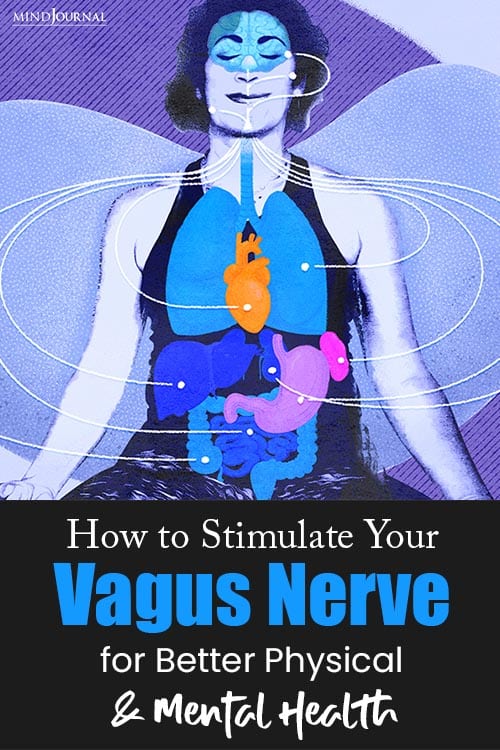




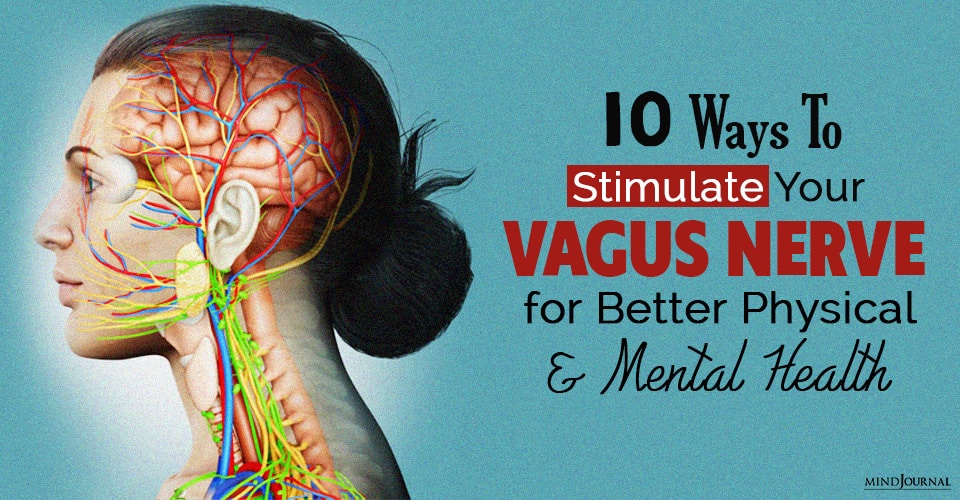







Leave a Reply